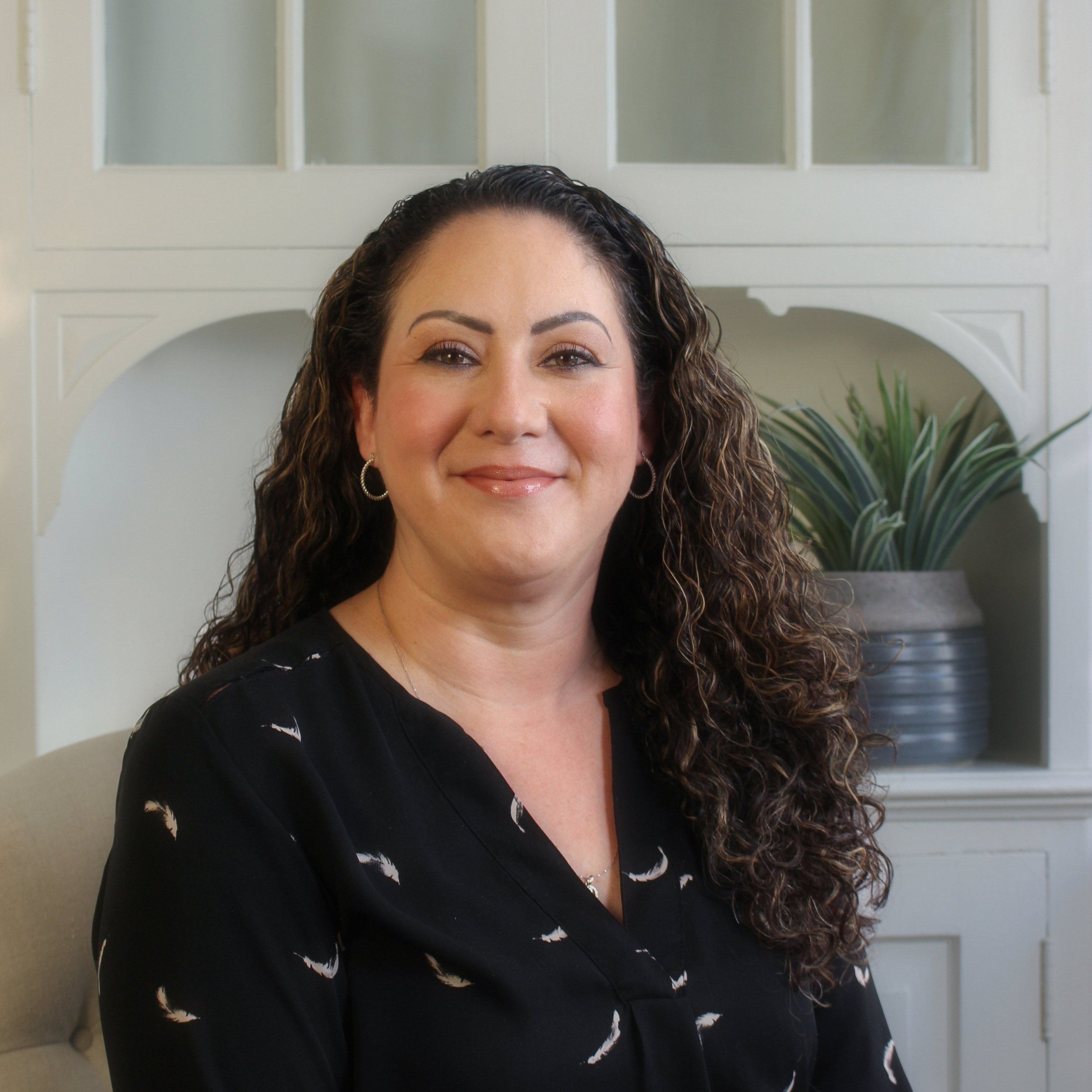
Grief and Loss
Most people will experience a loss at some point in their lives. Grief is a reaction to any form of loss, whereas bereavement is a form of grief involving the death of a loved one. Grief and bereavement encompass a wide range of feelings, from shock, to deep sadness, to anger. The process of adapting to a significant loss can vary dramatically from one person to another, including the amount of time it takes them to process this significant change in their life. It often depends on a person’s background, beliefs, and their relationship to who or what was lost.
There are various life events and circumstances that can bring about loss. These include:
The death of a loved one or pet
Separation or divorce
Changes to one’s health
Losing a job
Empty nest syndrome
Anticipatory grief/loss
Key facts
Grief is not limited to feelings of sadness. It can also involve feelings of guilt, yearning, anger, and regret.
Emotions are often surprising in their strength or mildness.
People may bounce between different thoughts as they try to make sense of their loss, which can be confusing. For example, one person may find themselves grieving a painful relationship. Another may mourn a loved one who died from cancer and yet feel relief that the person is no longer suffering.
Grieving behaviours also have a wide range. Some people find comfort in sharing their feelings among company. Other people may prefer to be alone with their feelings, engaging in silent activities like exercising or writing.
No one way of grieving is better than any other. Some people are more emotional and dive into their feelings. Others are stoic and may seek distraction from dwelling on an unchangeable fact of living. Every individual has unique needs when coping with loss.
The different feelings, thoughts, and behaviours people express during grief can be categorized into two main styles: instrumental and intuitive. Most people display a blend of these two styles of grieving:
Instrumental grieving has a focus primarily on problem-solving tasks. This style involves controlling or minimizing emotional expression.
Intuitive grieving is based on a heightened emotional experience. This style involves sharing feelings, exploring the lost relationship, and considering mortality.
Depression and grief
Signs of grief can mimic those of depression. So how can one tell the difference between grief and depression?
Grief is typically preceded by loss. Depression can develop at any time.
The sadness present in grief is typically related to the loss or death. Depression is characterized by a general sense of worthlessness, despair, and lack of joy.
Symptoms of grief may improve on their own with time. Someone with depression often needs treatment to recover.
Despite their differences, depression and grief are not mutually exclusive. If someone is vulnerable to depression, grief has the potential to trigger a depressive episode. If someone already has depression, their condition may prolong or worsen the grieving process. A therapist can help a person in mourning recognize and manage any depressive symptoms.
Grief in children
Children may not understand their loss at first, sometimes they may believe the deceased will come back. They may also believe they are in danger of dying. However, children are capable of understanding death, so long as adults explain it to them in simple and direct terms. Adults can help children feel less anxious by letting them know what to expect, as children often feel more secure in a predictable environment.
Children will look to their guardians for how to grieve. If an adult hides their sadness, a child will likely try to do the same. When adults talk about their emotions, children can learn to recognize and accept the feelings in themselves. Adults can teach healthy ways to cope with strong feelings, as opposed to withdrawing or lashing out.
A child counselor can also help children grieve in a healthy manner. Children who have lost a caregiver or sibling may benefit from family therapy.
Grief counselling
While grief counselling may not be necessary for everyone dealing with the loss of a loved one, there are some big potential benefits for those who are struggling more than usual. If an individual was experiencing distress before the loss they suffered, or if their grief is chronic and interferes with normal functioning such as eating, sleeping, and performing daily tasks, a therapist can help them to address their intense emotions and move on with the healing process.
Grief counselling is intended to help a client grieve in a healthy manner, to understand and cope with the emotions they experience, and to ultimately find a way to carry on with their life in a way that is meaningful to them. This can be accomplished through existential therapy, individual therapy, group therapy, and/or family therapy.
Next steps
Our psychologists have extensive experience with grief and loss, and can provide counselling both online and in-person. To learn more about grief and loss or to book a free phone consultation, please call us at 780-860-7338 or fill out our contact form.
References
GoodTherapy. (2019). Grief, Loss, and Bereavement. Retrieved from GoodTherapy.org: https://www.goodtherapy.org/learn-about-therapy/issues/grief
GoodTherapy. (2019). Getting Help for Grief, Loss, and Bereavement. Retrieved from GoodTherapy.org: https://www.goodtherapy.org/learn-about-therapy/issues/grief
PostivePsychology. (2018). 3 Grief Counseling Therapy Techniques & Interventions. Retrieved from PositivePsychology.com: https://positivepsychology.com/grief-counseling/










